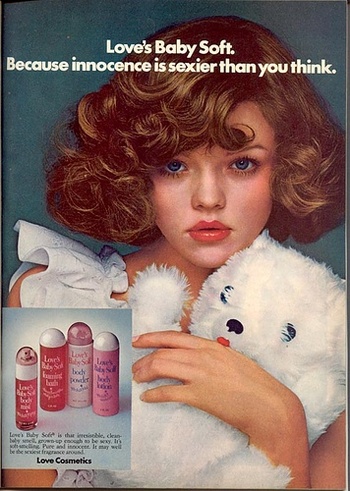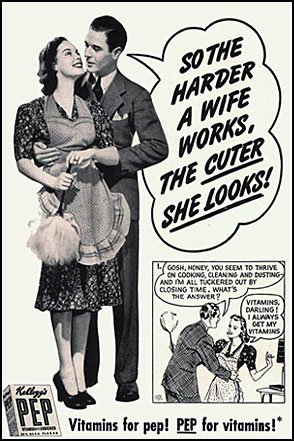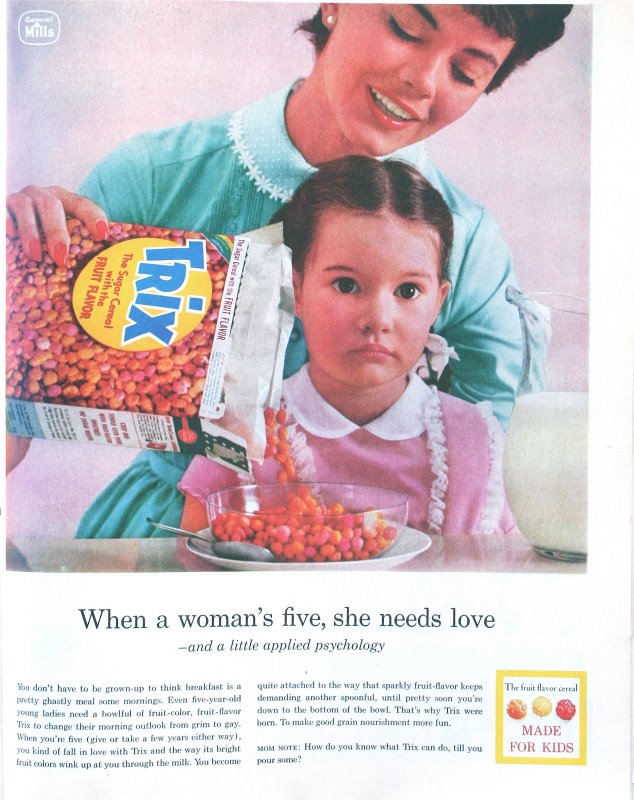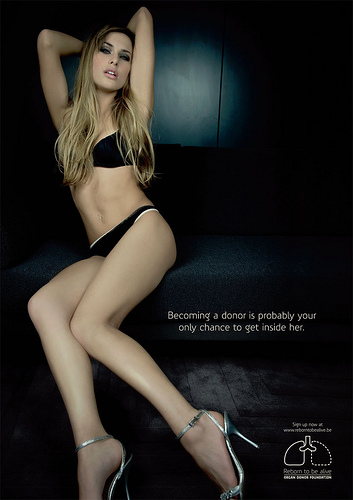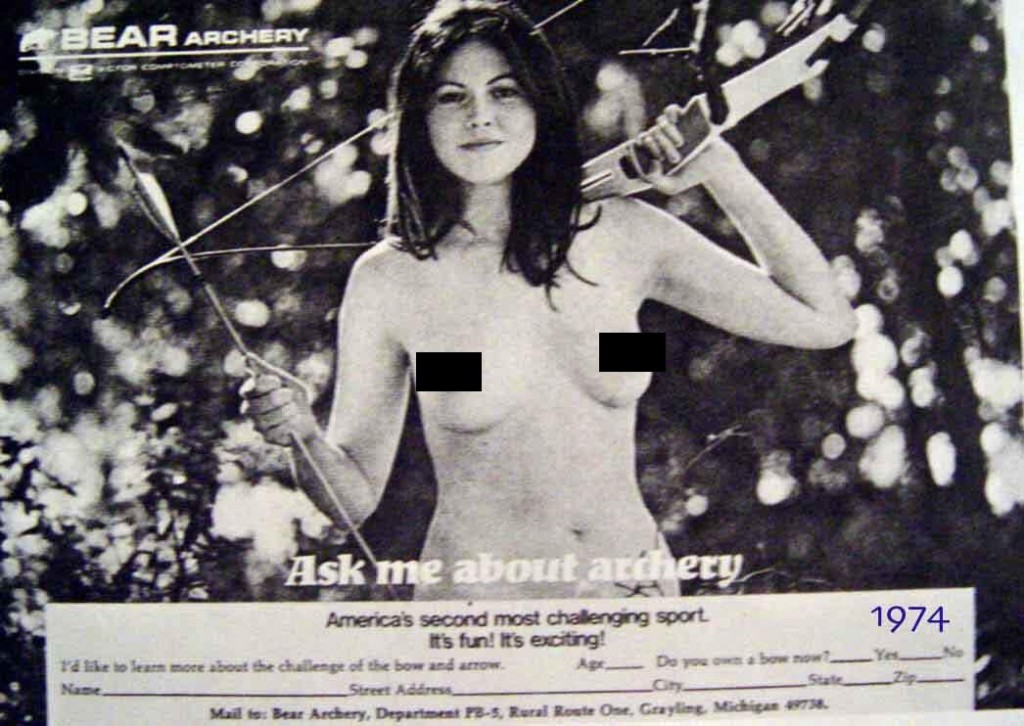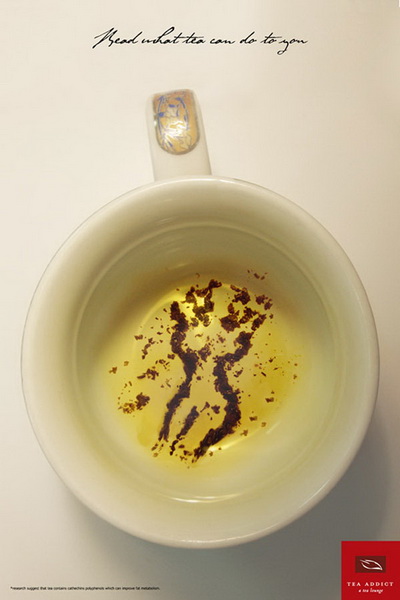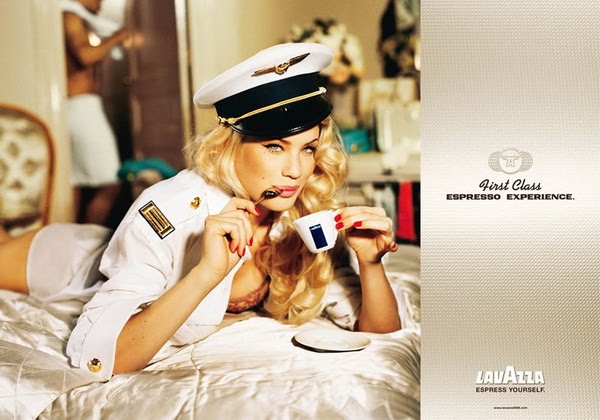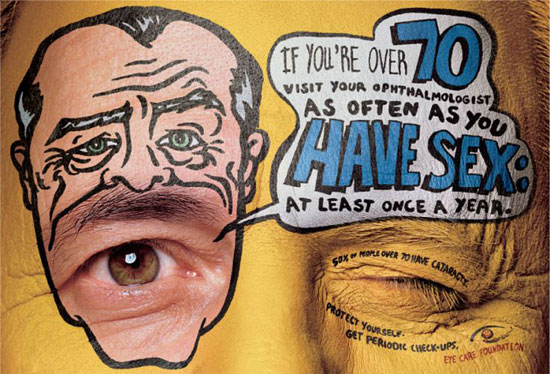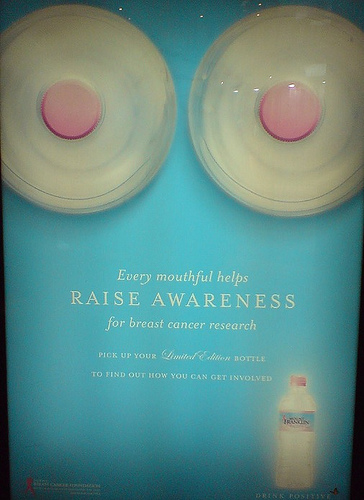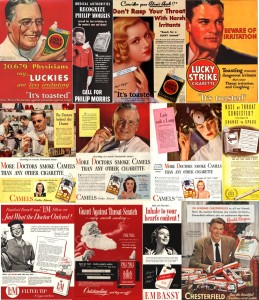Elizabeth recently posted about an ad for Motrin that suggested that you should take pain medicine so as to keep walking in pain-inducing high heels. The message was, essentially, “Suffer for fashion, ladies! Motrin will help!” I wanted to discuss, also, this second ad in their series (found here) and an anonymous commenter egged me on:
[youtube]https://www.youtube.com/watch?v=XO6SlTUBA38[/youtube]
They start off saying that how mothers make decisions about how to carry their infants according to what is in style (“Wearing your baby seems to be in fashion”). They then point out that what is currently in fashion is painful for mothers. But, of course, moms are going to do it anyway, because the sacrifice is for the child (“It’s a good kind of pain, it’s for my kid”). But also about fashion! And about how in-fashion it is to be a mom! (“Plus it totally makes me look like an official mom”).
The ad trivializes motherhood (threatening to reduce it to fashion), equating it, in a sense, to the high heels in the other ad. At the same time, it legitimizes suffering in the service of your child, which reinforces the ideology of intensive mothering that has ramped up the must-haves and must-dos of mothering like never before in human history.
The good news is that Motrin pulled this ad campaign and has apologized after bloggers took them to task.
Lisa Wade, PhD is an Associate Professor at Tulane University. She is the author of American Hookup, a book about college sexual culture; a textbook about gender; and a forthcoming introductory text: Terrible Magnificent Sociology. You can follow her on Twitter and Instagram.

